When the first pick of the 2014 NBA draft is announced, it’ll be the 30th time in the lottery era that a team has taken a chance on someone through the magic of ping pong balls. It makes for a good chance to review which number one picks have done a great service through their NBA careers, from the likes of Patrick Ewing, David Robinson, Shaquille O’Neal and LeBron James, to others who have been less successful like Pervis Ellison, Michael Olowokandi and Anthony Bennett.
If there’s one franchise we can say is perfect when picking and spotting a franchise guy, it’s the Spurs. First Robinson in 1987 and waiting two years for him before arriving and dominating right away, to Tim Duncan, who took the Spurs to a whole different level, initially with Robinson and later (still doing it) without him.
1985 – Patrick Ewing (New York Knicks)
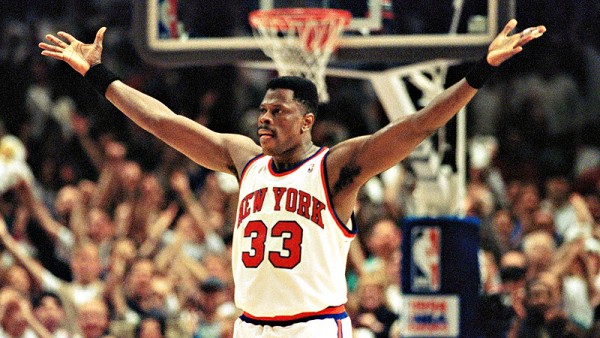
Career numbers: 17 NBA season, 1183 games, 34.3 minutes a night, 21 points, 9.8 rebounds and 2.4 blocks per game. An 11-time All-Star, one All-NBA first team, six All-NBA second team, three All Defensive second team, ROY, Hall of Fame, Part of the 50 team.
Ewing gave the Knicks all he had, playing 15 seasons with them and making it to two NBA finals (although he didn’t last the entire 1999 playoff run, sparking the Ewing theory). For those who judge players by the number of titles they’ve won, Ewing was a disappointment. But he was a dominant player during an era filled with dominant centers, and for the talent he had around him on the Knicks, it’s hard to have expected anything more.
1986 – Brad Daugherty (Cleveland Cavaliers)
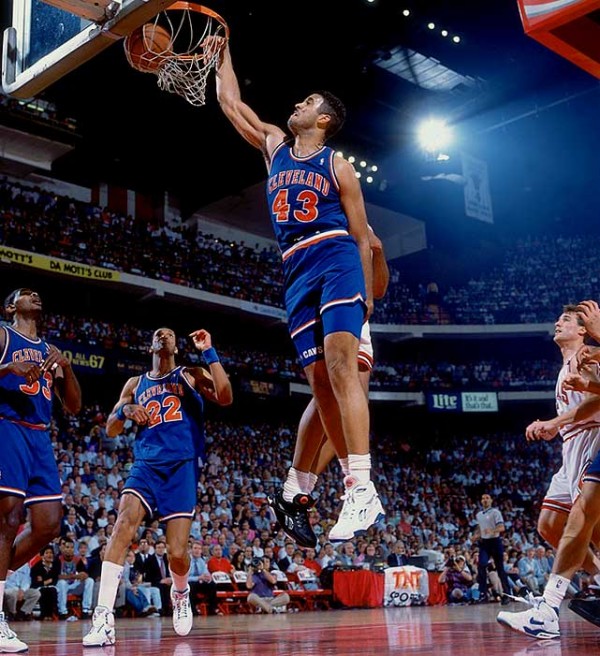
Career numbers: Eight NBA seasons, 548 games, 36.5 minutes a night, 19 points and 9.5 rebounds per game. Five time All-Star, one All-NBA third team.
Daugherty was a good center when the league was filled with some great ones. He was part of a talented Cavaliers team that was either injured or simply ran into Michael Jordan. It’s hard to call him a bust: When he was healthy (and Mark Price as well), the Cavs were one of the best teams in the league, and Daugherty was a very good center with some impressive passing skills. But his career ended too soon, paving the way for him to do something he probably loves more: NASCAR.
1987 – David Robinson (San Antonio Spurs)
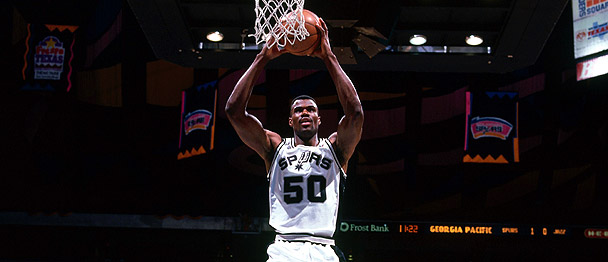
Career numbers: 14 NBA seasons, 987 games, 34.7 minutes a night, 21.1 points, 10.6 rebounds, 3 blocks per game. Two-time NBA champion, one regular season MVP, 10-time All-Star, four All-NBA first team, two All-NBA second team, four All-NBA third team, DPOY, four All-Defensive teams, four All-Defensive second team, ROY, hall of fame, NBA’s 50 team.
Robinson was 24 when he began his NBA career, coming in two years after he was the first pick in the 1987 draft due to his Navy obligations. He was everything to the Spurs and maybe the best center in the league for a season or two, but only until Tim Duncan got there, along with Gregg Popovich taking over on the sidelines, did he win his NBA championships, when he was a different player – more of a defensive leader than the all-can-do star he was before his injury in the 1996-1997 season.
1988 – Danny Manning (Los Angeles Clippers)
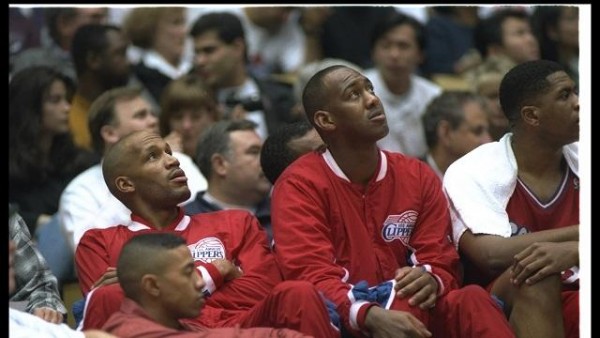
Career numbers: 15 NBA seasons, 883 games, 27.4 minutes a night, 14 points and 5.2 rebounds per game. Two-time All-Star, 6MOY.
Manning should have been the guy who propels the Clippers from their LA obscurity, but he ended up missing most of his first season and taking a long time before becoming an actual All-Star. When that happened he was traded to the Hawks (1994), and spent the rest of his career as a good (with the Suns) and later irrelevant (with four more teams) role player, in what mght be the first bust of the lottery area.
1989 – Pervis Ellison (Washington Bullets)
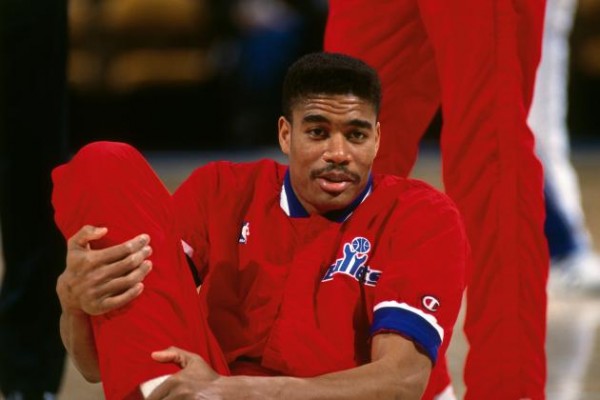
Career numbers: 11 NBA seasons, 474 games, 24.5 minutes a night, 9.5 points and 6.7 rebounds a game. MIP in 1992.
A huge bust, even if Ellison had one dominant season on a terrible Bullets team in 1992 (20 points, 11.2 rebounds per game). A huge star for the Cards, Ellison had only one season with more than 70 games and only three with double figure scoring. He stopped being a starter four years into his career.
1990 – Derrick Coleman (New Jersey Nets)
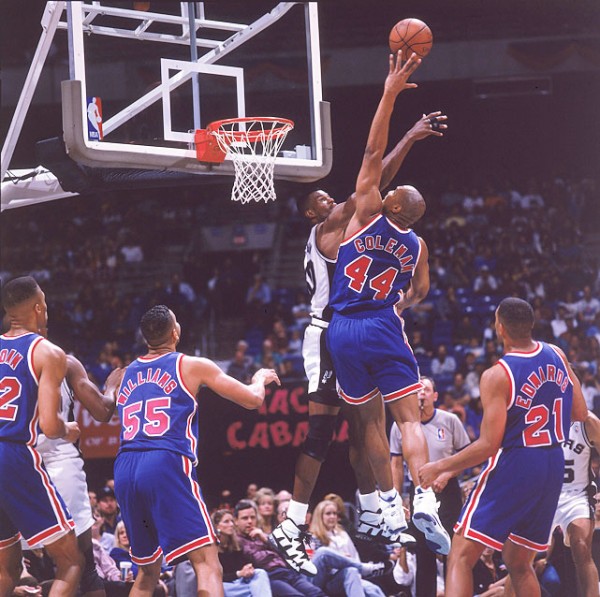
Career numbers: 15 NBA seasons, 781 games, 33.2 minutes a night, 16.5 points and 9.3 rebounds per game. One All-Star, 2-time All-NBA third team, ROY.
Coleman looked like a great pick through the first four or five seasons of his career, which included becoming an All-Star player and one of the best big men in the league. However, an injury and a move to the Sixers ended his run as a big-time name in the league, spending most of his time in Philadelphia and a bit of Charlotte and Detroit before retiring in 2005. He had some good years in the late 1990’s but usually wasn’t healthy enough to be relied upon as a key player. Not a bust, but nothing special either.
1991 – Larry Johnson (Charlotte Hornets)
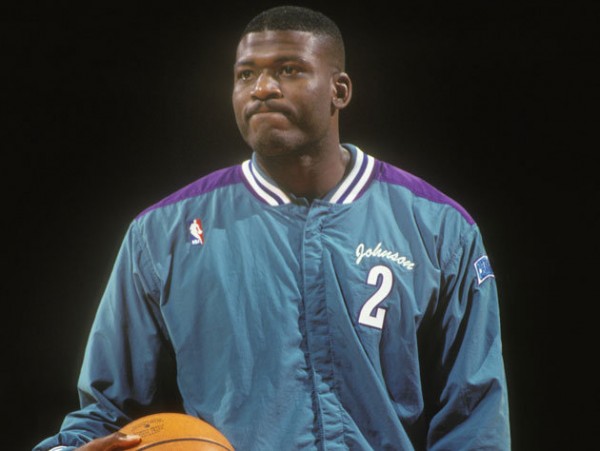
Career numbers: 10 NBA seasons, 707 games, 16.2 points, 7.5 rebounds. 2-time All Star, one All-NBA second team, ROY.
A huge star for UNLV, Johnson was the first real player that began making the Hornets a trendy team in the mid 1990’s. After an incredible second season an injury halted his progression in 1993-1994, and he lost a lot of his explosiveness despite scoring 18.8 and 20.5 points per game in the two seasons that followed. With the Knicks he had a slightly different role, helping them to the NBA finals in 1999. He left the game after the 2000-2001 season with back problems becoming too much for him to overcome, retiring at the age of 31 and leaving a taste of slight disappointment of what could have been.
1992 – Shaquille O’Neal (Orlando Magic)
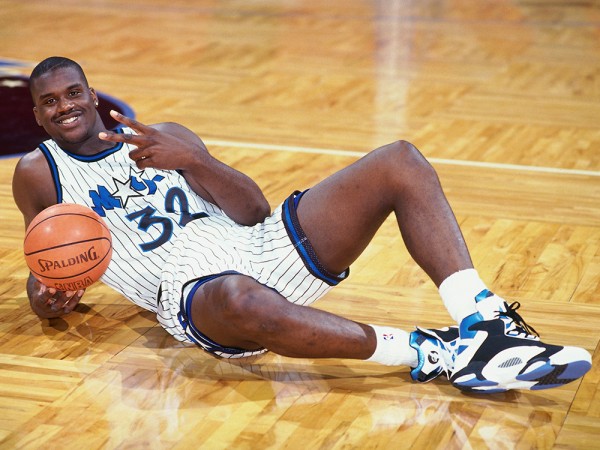
Career numbers: 19 NBA seasons, 1207 games, 34.7 minutes a night, 23.7 points, 10.9 rebounds, 2.3 blocks per game. Four-time champion, three Finals MVP, one regular season MVP, 15-time All-Star, 8 All-NBA first team, twice All-NBA second team, four All-NBA third team, twice All-Defensive second team, ROY.
In 1992, it was all about Shaq and everything else. Did he live up to the expectations? Is being one of the greatest centers in NBA history enough? He’ll be in the hall of fame in two years time, although his great success came after leaving his first team. He won three NBA titles with the Los Angeles Lakers next to Kobe Bryant and producing some of the more dominant performances in NBA finals series. He was a wingman for Dwyane Wade in Miami winning a fourth ring. His efforts of adding more silverware didn’t work out during his time with the Suns, Cavs and Celtics.
1993 – Chris Webber (Golden State Warriors)
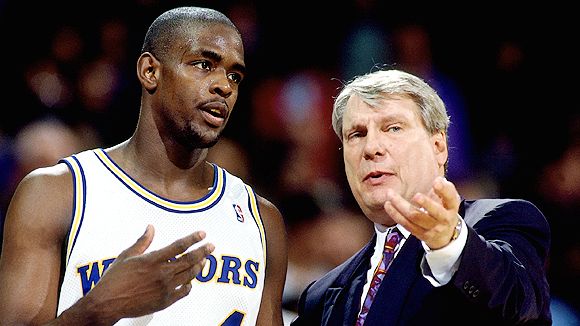
Career numbers: 15 NBA seasons, 831 games, 37.1 minutes a night, 20.7 points and 9.8 rebounds per game. Five-time All-Star, one All-NBA first team, three All-NBA second team, one All-NBA third team, ROY.
Webber was actually a pick by the Orlando Magic, but instead of forming a scary frontcourt duo with Shaq he was traded to the Golden State Warriors, where he lasted just one season before getting traded to the Washington Bullets. He was good with Washington, but his special years came with the Sacramento Kings, averaging 23.5 points per game before the injury in the 2003-2004 season started the decline in his career, moving on the Philly, Detroit and back to Golden State before retiring. Not sure if he’ll make it into the hall of fame, but he had an excellent NBA career, although he didn’t win an NBA championship to make people forget about his timeout from hell.
1994 – Glenn Robinson (Milwaukee Bucks)
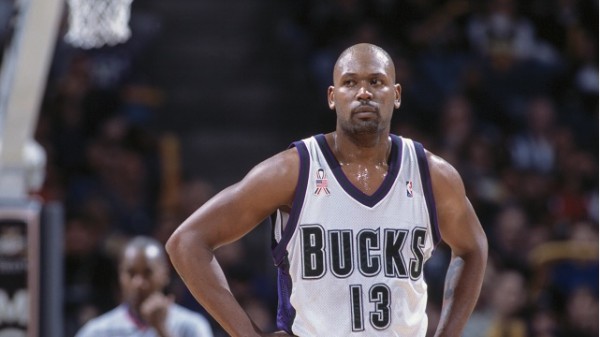
Career numbers: 11 NBA seasons, 688 games, 36.8 minutes a night, 20.7 points and 6.1 rebounds per game. Two-time All-Star.
Robinson will probably own for a very long time the biggest rookie contract in history: 10 years, $68 million. He wasn’t a bust, but he didn’t exactly become something more than a reliable scorer, putting up 20 points or more in eight of his 11 seasons. He did well for the Bucks, helping the Bucks reach the conference finals once, but his championship ring came in 2005 as an irrelevant player for the Spurs in 2005.
1995 – Joe Smith (Golden State Warriors)
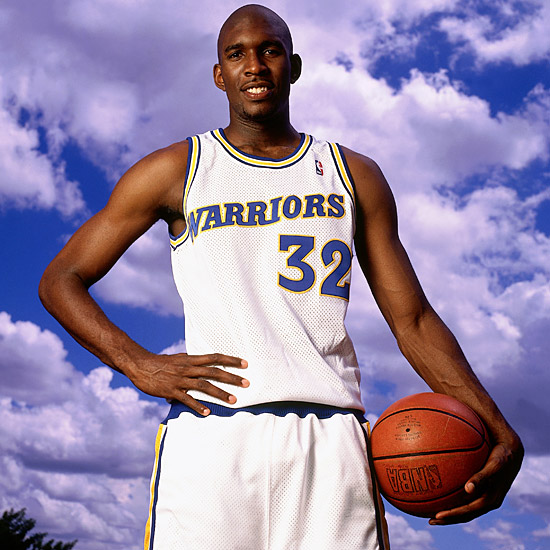
Career numbers: 16 NBA seasons, 1030 games, 26.2 minutes a night, 10.9 points, 6.4 rebounds.
A bust? Yes. Smith did make his way through the NBA without impressing, lasting as a decent big man off the bench for a lot of years. He was at his best during his second season, averaging 18.7 points for the Warriors. However, he soon began his long and winding road through the league, playing for 11 different teams after leaving the bay area, finishing his career after the 2010-2011 season with the Lakers.
1996 – Allen Iverson (Philadelphia 76ers)
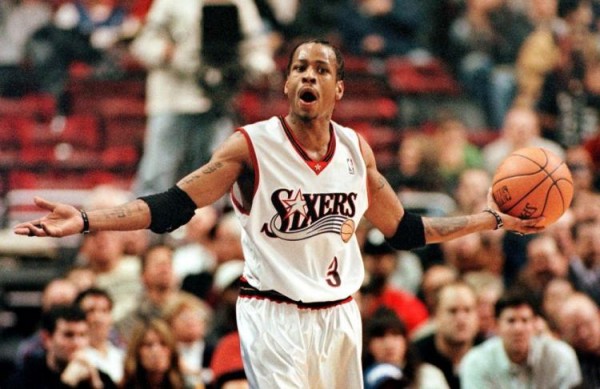
Career numbers: 14 NBA seasons, 914 games, 41.1 minutes a night, 26.7 points, 6.2 assists and 2.2 steals per game. One regular season MVP, 11-time All-Star, three All-NBA first team, three All-NBA second team, All-NBA third team, ROY.
A scoring phenomenon who carried the Philadelphia 76ers on his back through a decade, making the NBA finals in 2001 after winning the regular season MVP. Except for his last two seasons during which he played on four different teams, he never averaged less than 22 points per game or averaged less than 39 minutes a night. He’ll be in the hall of fame pretty soon.
1997 – Tim Duncan (San Antonio Spurs)
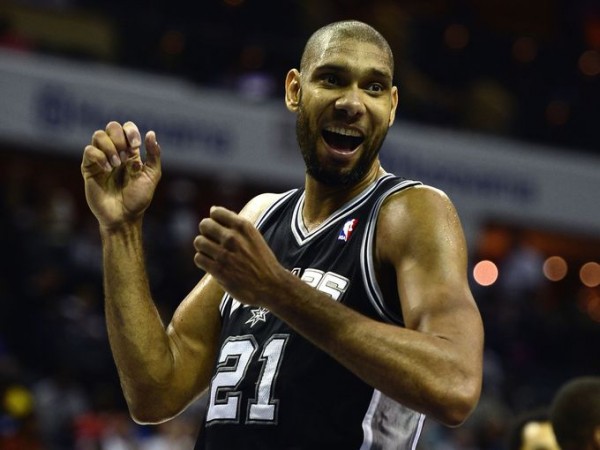
Career numbers: 17 NBA Seasons, 1254 games, 34.8 minutes a night, 19.9 points, 11.1 rebounds, 2.7 blocks. Five-time NBA champion, three-time Finals MVP, twice regular season MVP, 14-time All-Star, 10-time All-NBA first team, 3 All-NBA second team, one All-NBA third team, eight All-Defensive first team, six All-Defensive second team, ROY.
Duncan just keeps going. He might not be the superstar he was earlier in his career, but after what seemed to be the sun setting in his career he has found an extra gear, once again becoming one of the best big men in the NBA and still a huge centerpiece on a championship Spurs team, a franchise he took to the top from the first moment he entered the league. Who knows when he’ll retire, but he is one of the greatest big men in the history of the game and obviously a hall of fame inductee when the time comes.
1998 – Michael Olowokandi (Los Angeles Clippers)
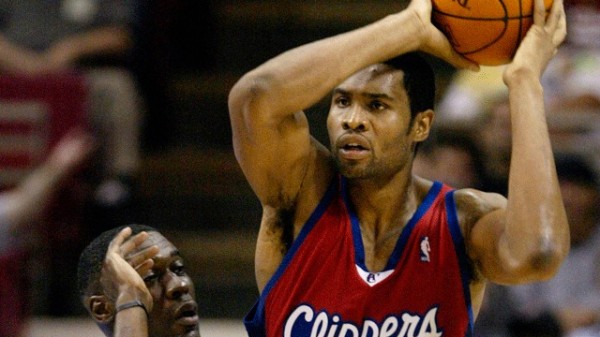
Career numbers: 9 NBA seasons, 500 games, 26.3 minutes, 8.3 points, 6.8 rebounds.
Olowokandi was the beginning of a trend. Not just of busts, but of teams picking players for potential, and not for what they did in college, because he wasn’t as dominant as all of those who came before him in the number one spot. Injuries, and simply being taken with the wrong pick meant Olowokandi simply never lived up to any expectation, never being more than a sub level center at best.
1999 – Elton Brand (Chicago Bulls)
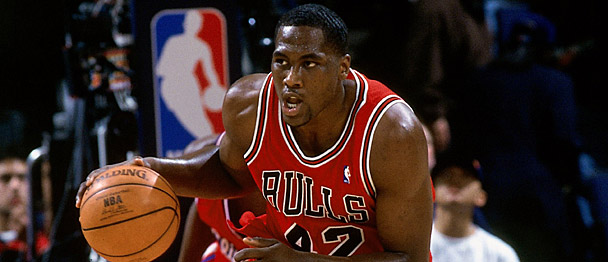
Career numbers: 15 NBA seasons, 1005 games, 34 minutes a night, 16.6 points, 8.8 rebounds per game. Two-time All-Star, one All-NBA second team, Co-ROY.
Through the first seven seasons of his career, with the Bulls and later the Clippers, Brand was a very good and almost excellent player at times, an automatic 20-10 guy. Then came injuries, and soon he started moving around. He spent last season coming off the bench for the Hawks. Not a bust and even a star for a few seasons, but sometimes it feels like there could have been much more for him.
2000 – Kenyon Martin (New Jersey Nets)
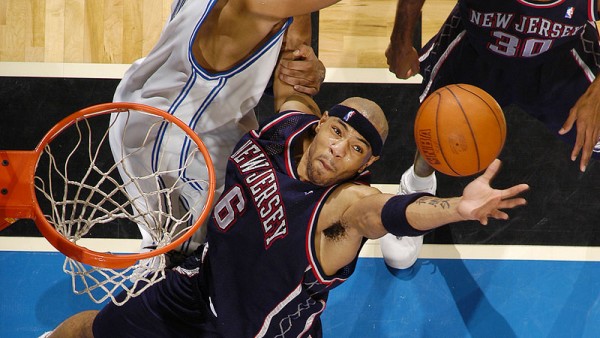
Career numbers: 14 NBA seasons, 746 games, 30.9 minutes, 12.5 points, 6.9 rebounds per game. One time All-Star.
Despite being part of the best Nets team ever, making two consecutive NBA finals, Martin as a number one pick is something of a bust, never really becoming one of the best players in his position. He is still playing and still has something to give through experience, leadership and some defense, but he peaked as a player after three or four seasons in the league, never being a really impressive numbers guy.
2001 – Kwame Brown (Washington Wizards)
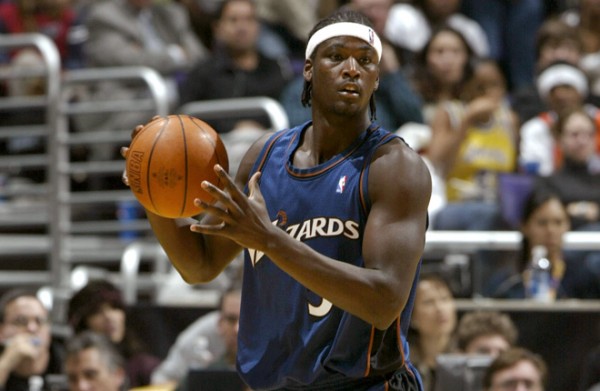
Career numbers: 13 NBA seasons, 607 games, 22.1 minutes, 6.6 points, 5.5 rebounds.
When you’re a first pick and you don’t make any of the rookie teams, something’s wrong. If only Brown would have been taken much later in the draft, he would have been remembered as a decent journeyman who provided some good relief minutes as a backup center. Instead, he’ll be forever remembered as one of the biggest flops in NBA history, not doing well anywhere.
2002 – Yao Ming (Houston Rockets)
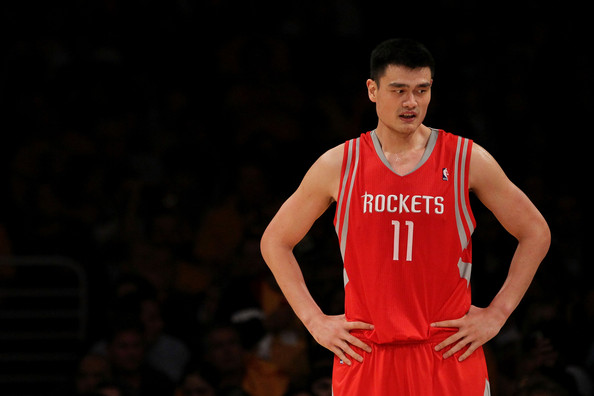
Career numbers: 8 NBA seasons, 486 games, 32.5 minutes, 19 points, 9.2 rebounds per game. 8-Time All-Star, twice All-NBA second team, three times All-NBA third team.
A man in a body that couldn’t handle the long term punishment of being in the NBA, lasting only eight seasons, retiring in 2011 after playing only five games in the 2010-2011 season. He’ll be in the hall of fame for what he did to Chinese basketball and the international game. He did well for the Rockets as well when he was healthy, which didn’t happen as often as they’d want it to.
2003 – LeBron James (Cleveland Cavaliers)
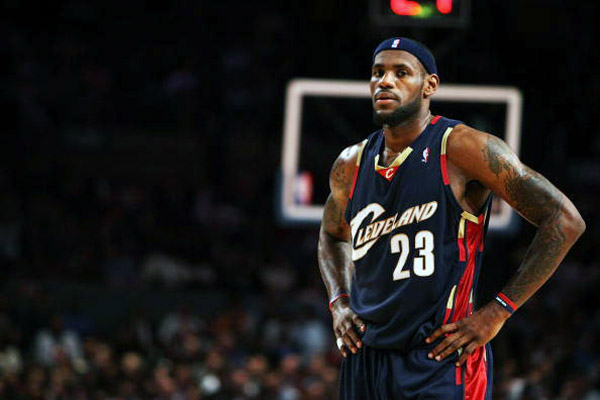
Career numbers: 11 NBA seasons, 842 games, 39.5 minutes a night, 27.5 points, 7.2 rebounds, 6.9 assists. Two-time NBA champions, twice Finals MVP, four-time regular season MVP, 10-time All-Star, eight All-NBA first team, two All- NBA second team, five All-Defensive first team, one All-Defensive second team, ROY.
Forget about the hate. James will go down as one of the greatest players in the history of the game, regardless of who he played with and in what manner he left the Cleveland Cavaliers (or the Miami Heat). He might not end up with the same number of rings Michael Jordan or Kobe Bryant have, but it doesn’t really take away from everything he’s done and will do in the league.
2004 – Dwight Howard (Orlando Magic)
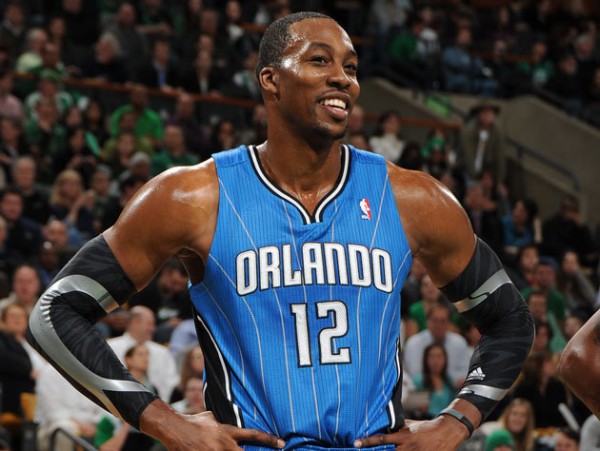
Career numbers: 10 NBA seasons, 768 games, 35.9 minutes a night, 18.3 points, 12.9 rebounds, 2.2 blocks per game. 8-time All-Star, five All-NBA first team, one All-NBA second team, twice All-NBA third team, three times DPOY, four All-Defensive first team, one All-Defensive second team.
When Dwight Howard started out, I’m not sure how many people believed he’d be as good and dominant on defense as he was during his peak, which was around 2009 to 2011. However, when he got to that point, people thought he’d get even better, and not the version of him, which is a very good one but not unique, we’ve been seeing with the Lakers and the Rockets over the last two years. An excellent player, but not the kind who leaves a special kind of mark.
2005 – Andrew Bogut (Milwaukee Bucks)
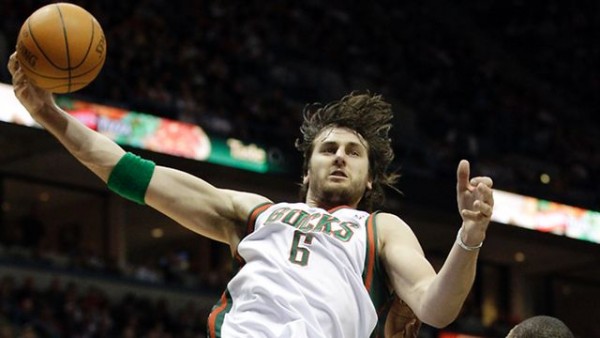
Career numbers: 9 NBA seasons, 507 games, 31.4 minutes a night, 13.3 points and 10.7 rebounds per game. One All-NBA third team.
Not an All-Star center, who barely has any offense left to give. He was very good for the Bucks after some seasons of getting used to the NBA until injuries chipped away at his effective. Now he is with the Warriors, mostly contributing with his usually excellent defense. Not a bust, but number one picks are usually expected to do more.
2006 – Andrea Bargnani (Toronto Raptors)
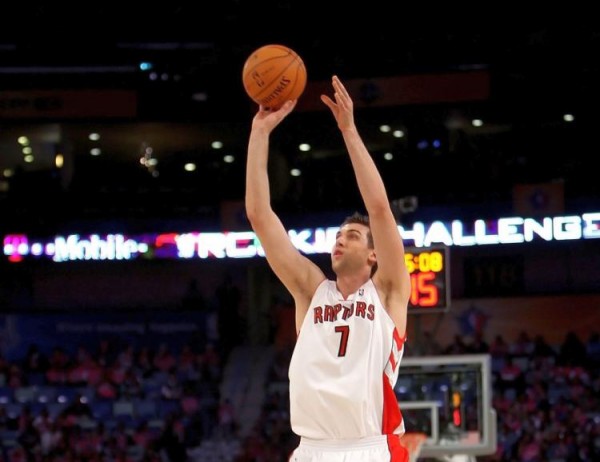
Career numbers: 8 NBA seasons, 475 games, 30.3 minutes a night, 15 points per game.
If Bargnani wouldn’t have been a top pick, he would have been looked upon differently. But the cards have been dealt, and the Raptors never got what they expected from the Italian, who disappointed with his rebounding, defense and eventually effort before getting traded to the New York Knicks.
2007 – Greg Oden (Portland Trail Blazers)
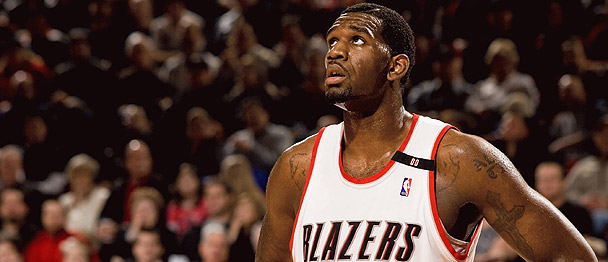
Career numbers: 3 NBA seasons, 105 games, 19.3 minutes a night, 8 points, 6.2 rebounds per game.
Oden missed what would have been his rookie seasons and looked pretty good for a while. But then came an injury that kept him off the court for about four years before the Miami Heat took a chance on him and got nothing in return. Hard to find a bigger bust than him.
2008 – Derrick Rose (Chicago Bulls)
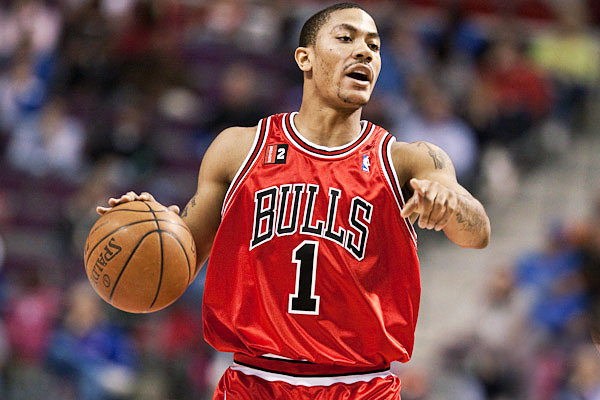
Career numbers: Five NBA seasons, 289 games, 36.6 minutes a night, 20.8 points, 6.8 assists per game. One regular season MVP, 3-time All-Star, one All-NBA first team, ROY.
Unlike Oden, Rose’s injuries came after he actually did something in the league. He has played only 49 regular season games over the last three NBA seasons, missing 2012-2013 completely, and has had two major surgeries to repair his torn knee ligaments. Maybe he can be one of the best point guards in the league once again, which he was for two and a half seasons. Some are just hoping he can be a meaningful basketball player again.
2009 – Blake Griffin (Los Angeles Clippers)
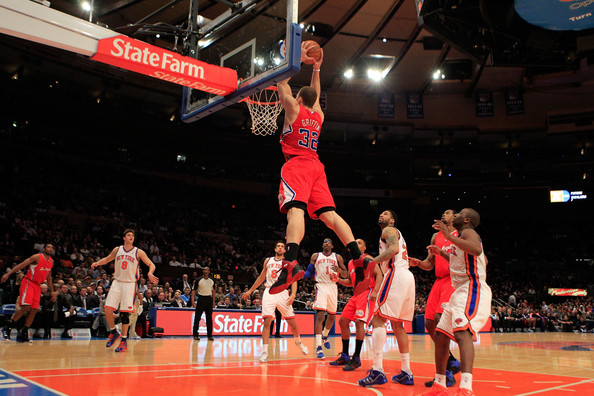
Career numbers: 4 NBA Seasons, 308 games, 35.6 minutes a night, 21.4 points, 10.4 rebounds per game. Four-time All-Star, three-time All-NBA second team, ROY.
Finally the Clippers got something right with a number one pick. Griffin did miss his initial rookie season entirely, but has been everything that’s been promised and more since coming back, missing a total of four games in four seasons and becoming an automatic 20-10 guy. This season he has shown a bit more to his game than just dunks, but one of his biggest feats has been to make the Clippers a popular team, relevant for more than just people going to their games.
2010 – John Wall (Washington Wizards)
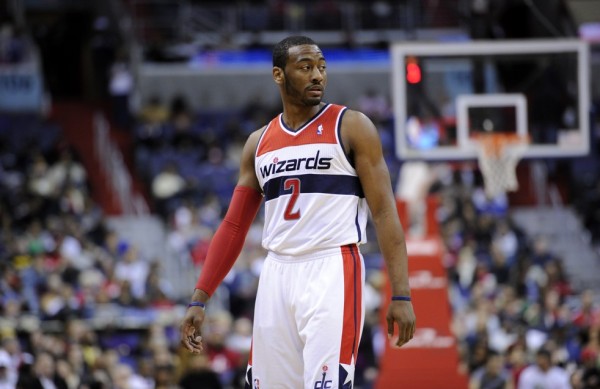
Career numbers: 4 NBA seasons, 266 games, 36 minutes a night, 17.7 points, 8.3 assists per game. One time All-Star.
For the first three seasons of his career with the Wizards, Wall was just good. In 2013-2014 he went beyond that. Not just leading them into the playoffs, but looking like that franchise guy they signed to a max-contract extension, although getting that to work well for him in the postseason is something he’s going to have to work at.
2011 – Kyrie Irving (Cleveland Cavaliers)
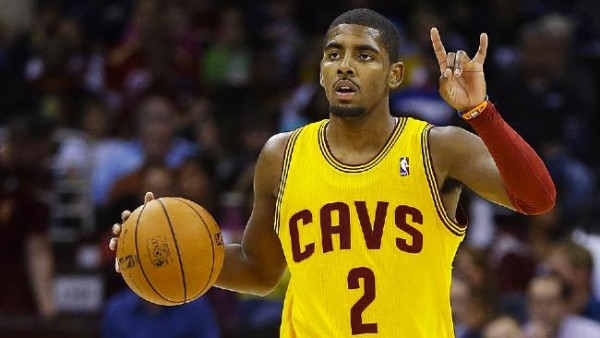
Career numbers: 3 NBA seasons, 181 games, 33.7 minutes a night, 20.7 points, 5.8 assists. Two-time All-Star, ROY.
On an individual level, it’s hard not to be impressed with Irving who also won the All-Star game MVP. In general he seems to shine on the weekend when the spotlight is on him. But something about his basketball hasn’t been helping the Cavs recover from LeBron James leaving. It didn’t help that when he sat out injured at the end of the most recent season the team played better without him.
2012 – Anthony Davis (New Orleans Pelicans)
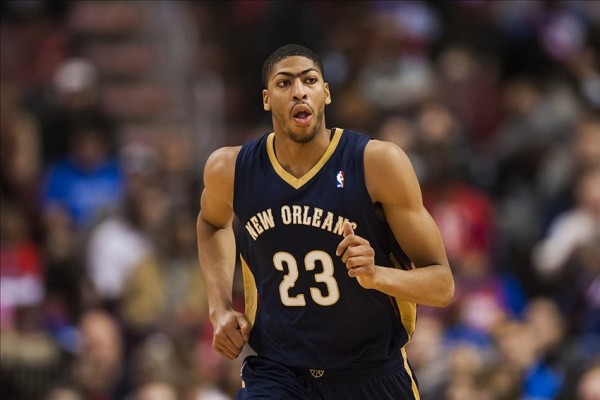
Career numbers: 2 NBA seasons, 131 games, 32.1 minutes a night, 17.3 points, 9.1 rebounds, 2.3 blocks per game. One-time All-Star.
His rookie season was slightly disappointing after some compared him to Bill Russell when he was coming out of Kentucky, but his sophomore NBA season, while not filled with too many wins was a demonstration of someone who’ll be dominant force in the NBA for a very long time unless injuries get the best of him.
2013 – Anthony Bennett (Cleveland Cavaliers)
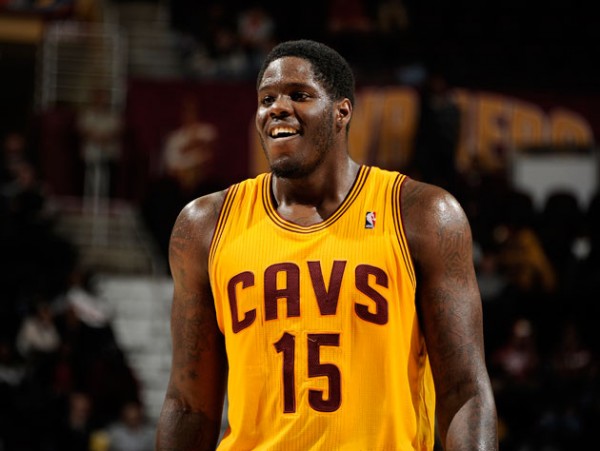
Career numbers: 1 NBA season, 52 games, 12.8 minutes, 4.2 points per game.
The numbers say it all. One season isn’t enough to be considered a bust, but it’s hard to find a lottery pick that has done so badly on its rookie season.
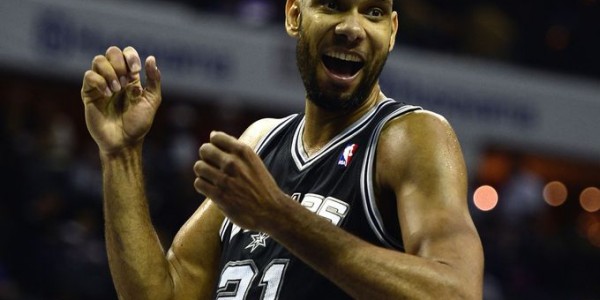
One response to “The History of Number One NBA Draft Picks in the Lottery Era”
[…] The History of Number One NBA Draft Picks in the Lottery Era […]